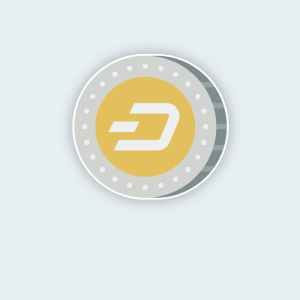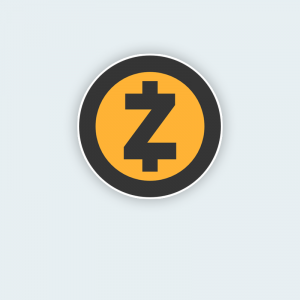Description
A cryptocurrency wallet, comparable to a bank account, contains a pair of public and private cryptographic keys. A public key allows for other wallets to make payments to the wallet’s address, whereas a private key enables the spending of cryptocurrency from that address.
Multisignature wallet
Multisignature wallets require multiple parties to sign a transaction for any digital money can be spent. Multisignature wallets are designed to have increased security.
Key derivation
Deterministic wallet
With a deterministic wallet, a single key can be used to generate an entire tree of key pairs. This single key serves as the root of the tree. The generated mnemonic sentence or word seed is simply a more human-readable way of expressing the key used as the root, as it can be algorithmically converted into the root private key. Those words, in that order, will always generate exactly the same root key. A word phrase could consist of 24 words like: begin friend black earth beauty praise pride refuse horror believe relief gospel end destroy champion build better awesome. That single root key is not replacing all other private keys, but rather is being used to generate them. All the addresses still have different private keys, but they can all be restored by that single root key. The private keys to every address it has and will ever give out can be recalculated given the root key. That root key, in turn, can be recalculated by feeding in the word seed. The mnemonic sentence is the backup of the wallet. If a wallet supports the same (mnemonic sentence) technique, then the backup can also be restored on another software or hardware wallet.
A mnemonic sentence is considered secure. The BIP-39 standard creates a 512-bit seed from any given mnemonic. The set of possible wallets is 2512. Every passphrase leads to a valid wallet. If the wallet was not previously used it will be empty.
Non-deterministic wallet
In a non-deterministic wallet, each key is randomly generated on its own accord, and they are not seeded from a common key. Therefore, any backups of the wallet must store each and every single private key used as an address, as well as a buffer of 100 or so future keys that may have already been given out as addresses but not received payments yet.






Reviews
There are no reviews yet.